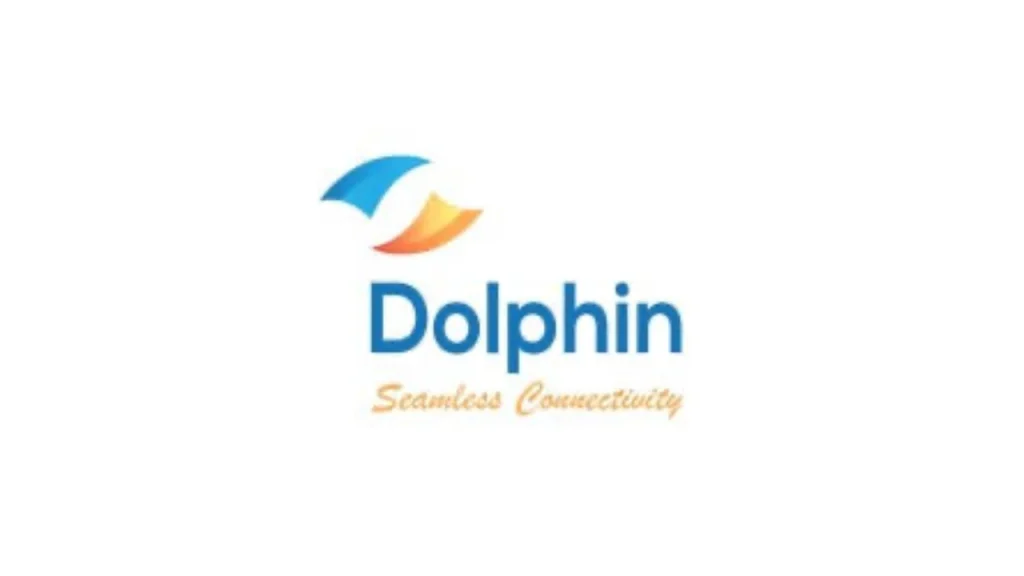- Dolphin Telecommunication provides IP bandwidth and colocation to ISPs, MNOs, and enterprises across West Africa
- The company operates the Nigeria landing point for the ACE submarine cable system
Dolphin Telecommunication: Strengthening IP transit in West Africa
Dolphin Telecommunication Limited is a licensed international carrier in Nigeria. It serves as the landing party for the Africa Coast to Europe (ACE) submarine cable system. The ACE cable runs over 17,000 kilometres from France to South Africa, connecting 24 countries and delivering high-capacity international bandwidth to coastal and landlocked African nations.
Dolphin’s landing station in Lagos forms a major gateway for ISPs, mobile operators, and enterprises seeking global internet access. The company offers IP transit, colocation, backhaul, and Layer 2 services. Its services extend beyond Nigeria through strategic partnerships with regional and global networks.
According to Dolphin’s official site, the company focuses on resilient infrastructure, operational neutrality, and enabling local providers to access global internet exchanges.Its carrier-neutral data interconnect model attracts ISPs aiming to reduce latency and improve quality of service. Dolphin supports capacity leasing at STM-1, 10GE, and 100GE levels, which helps telecoms scale rapidly with rising demand.
Also read: LINX Kenya: Driving Africa’s Internet Growth
Also read: Akari Networks: Delivering high-performance global connectivity
Dolphin Telecommunication: Industry shifts and challenges
The African telecom market continues to face high infrastructure costs, limited terrestrial fibre, and regional redundancy gaps. Submarine cable providers like Dolphin Telecommunication help bridge these challenges by offering shared landing infrastructure and cross-border transport options.
The company’s involvement in the ACE cable upgrade project enhances data speeds and enables better traffic management. The ACE consortium’s 100G technology boosts transmission capacity, meeting growing regional data needs.In recent updates from Dolphin’s news section, the company supported capacity expansions aligned with regional internet exchange development. These efforts back broader goals of digital inclusion and localised content hosting.
Etienne Kouadio, Head of Business at Dolphin, stated that the company “is committed to fostering West Africa’s connectivity growth by providing reliable, scalable bandwidth to local operators and content providers.”Innovations like multi-tenant data centers, edge computing nodes, and regional fibre loops are becoming standard. Dolphin’s neutral infrastructure positions it to support these shifts.

